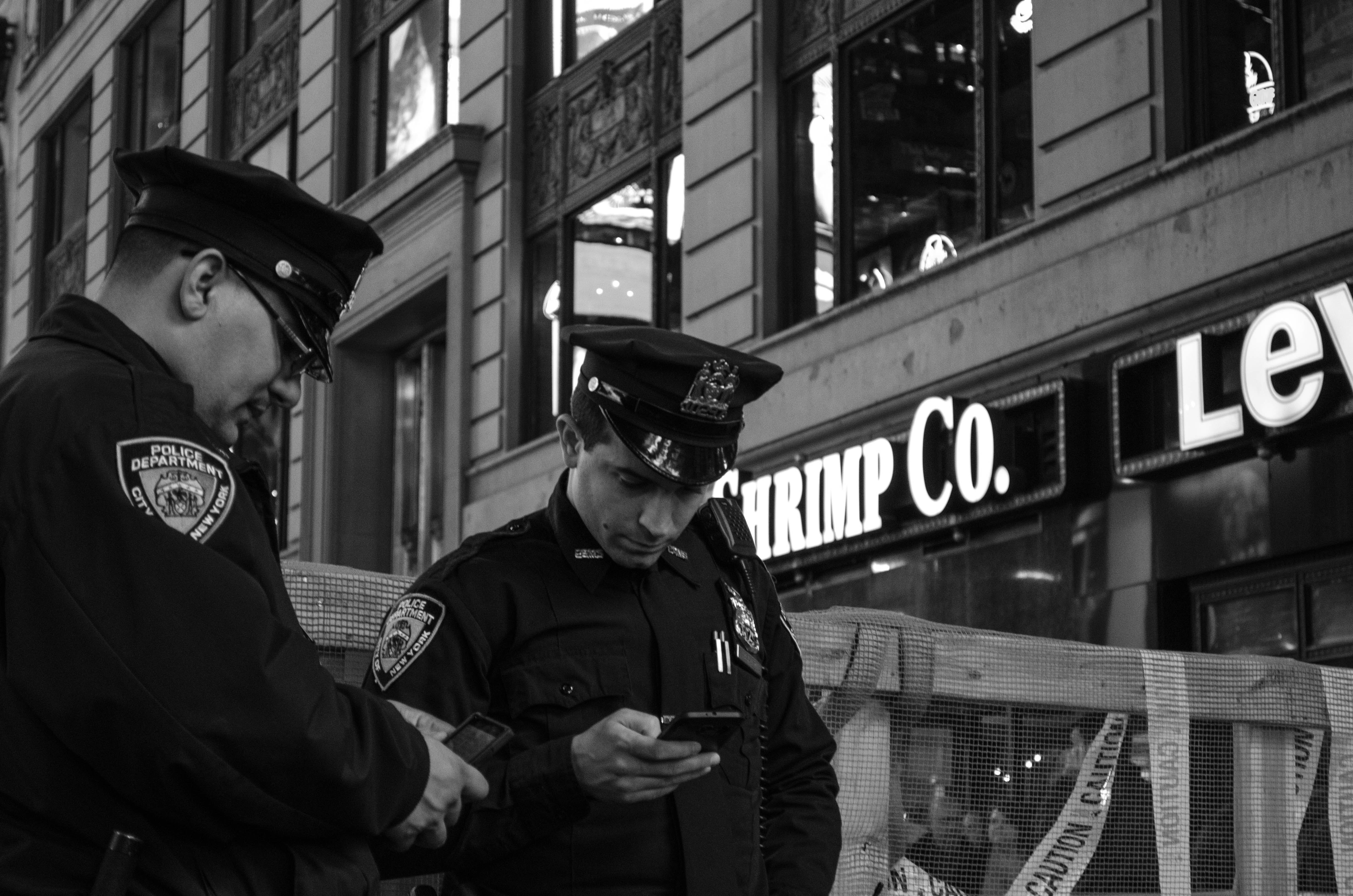
By Regan Jarvis, Staff Writer
The Sixth Amendment guarantees criminal defendants’ right to a speedy and public trial with an impartial jury, however, it does not prohibit the publication of mugshots and arrest records prior to a conviction.[1] With the growing presence of social media, many police departments have turned to these platforms, particularly Facebook, to post local arrests, complete with the full names and booking photos of arrestees. This seemingly puts the core American values of the right to privacy and the presumption of innocence until proven guilty at odds with the First Amendment right to free speech and freedom of the press.[2]
Once an image is uploaded to the internet, a mugshot for instance, it remains there permanently.[3] “In the digital age, those images of people’s worst days are forever lurking on the internet as clickbait.”[4] Whether or not an arrestee is eventually convicted, their friends, family, and employers have access to their booking photographs. Additionally, with the prevalence of social media, mugshots and arrest records posted by police departments no longer require individuals to search for this information. These posts may be shared on Facebook thousands of times and may be inadvertently encountered by those who have not set out to access arrest records.
According to a survey in 2018, seven in ten Americans use some form of social media and seventy-five percent of Facebook users log in to their account more than once per day.[5] A 2020 survey found that, thirty-one percent of Americans regularly get their news from Facebook.[6] These statistics illustrate the massive audience mugshots and arrest records posted to social media have the potential to reach.
In 2020, 52-year-old mother of two, Julie Levitch was arrested after accidently breaking a glass pane while knocking on the door of her boyfriend’s home.[7] A neighbor heard the breaking glass and contacted the police who arrived on the scene and spoke with Levitch and her boyfriend.[8] The couple attempted to explain the situation to the police, however, Levitch was inexplicably arrested at the scene and charged with misdemeanor criminal damage.[9] Although the charge was subsequently dropped, the Maricopa County Sherriff’s Office posted her mugshot online, something she believes will have a lasting effect on her life including her ability to find employment and make friends.[10] She explained, “[w]e live in a society where you’re supposed to be innocent until proven guilty, but I was found guilty the minute that mugshot went up.”[11]
Further, some police departments not only use Facebook as a way of publicizing arrests, but also use it to humiliate arrestees. For example, the Mobile County Sherriff’s Office in Alabama was criticized for a series of Facebook posts coined “Thug Thursday,” where they posted a mugshot of an arrestee who they labeled the “thug of the week.”[12]Maybe most concerning, is that the word “thug” carries racist undertones and has been dubbed by scholars as “the new n-word.”[13] In addition to the racially insensitive remarks of the Mobile County Sherriff’s Office, the comment sections of these posts were flooded with comments regarding the arrestees’ appearances and intelligence, and even alluding to sexual violence the arrestees could face while incarcerated.[14]
As well as becoming the targets of hateful comments, arrestees, especially women, may be exposed to sexual harassment in the comment sections of police department Facebook pages. This becomes especially concerning when considering the posts usually include personal identifiable information. In November 2021, the Milton Police Department of West Virginia posted a mugshot and description of the arrest of a 20-year-old model on their Facebook page. The post included her full name, age, and city of residence, and was inundated with vulgar and harassing comments regarding her appearance.[15] Circumstances such as these may leave one asking whether the department is more committed to the humiliation of arrestees than it is to the safety of women.
As a response to public outcry regarding police activity on social media, California Governor Gavin Newsom signed into law new restrictions regarding what information police are allowed to publish about arrestees.[16] The new law “prevents law enforcement agencies from posting mugshots of people arrested for nonviolent crimes on social media platforms like Facebook and Twitter.”[17] Although this seems like a step in the right direction, this brings to light another issue regarding free speech and freedom of the press. Mugshots are considered public records and not criminal records, the latter of which are deemed more sensitive and entitled to more privacy protections.[18] Disallowing access to information deemed public records could arguably become a slippery slope toward the breakdown of freedom of information. When factoring in issues arising under the First Amendment as well as privacy and safety issues, it becomes clear that this is a matter that must be weighed carefully.
[1] https://constitution.congress.gov/constitution/amendment-6/
[2] https://constitution.congress.gov/constitution/amendment-1/
[3] https://www.al.com/breaking/2011/03/everything_posted_online_is_th.html
[4] https://www.nbcnews.com/news/us-news/mugshots-police-public-online-rcna4897
[5] https://digitalcommons.law.uw.edu/cgi/viewcontent.cgi?article=1300&=&context=wjlta&=&sei-redir=1&referer=https%253A%252F%252Fscholar.google.com%252Fscholar%253Fhl%253Den%2526as_sdt%253D0%25252C39%2526q%253Dfirst%252Bamendment%252Bpolice%252BFacebook%252B%2526btnG%253D#search=%22first%20amendment%20police%20Facebook%22
[6] https://www.pewresearch.org/journalism/2021/09/20/news-consumption-across-social-media-in-2021/
[7] https://www.nbcnews.com/news/us-news/mugshots-police-public-online-rcna4897
[8] Id.
[9] Id.
[10] Id.
[11] Id.
[12] https://theappeal.org/basically-cyberbullying-how-cops-abuse-social-media-to-publicly-humiliate/
[13] https://www.npr.org/2015/04/30/403362626/the-racially-charged-meaning-behind-the-word-thug
[14] https://theappeal.org/basically-cyberbullying-how-cops-abuse-social-media-to-publicly-humiliate/
[15] https://en-gb.facebook.com/miltonpolicewv
[16]https://www.paloaltoonline.com/news/2021/07/28/new-state-law-prohibits-law-enforcement-from-posting-mugshots-on-social-media
[17] Id.
[18] https://www.nbcnews.com/news/us-news/mugshots-police-public-online-rcna4897